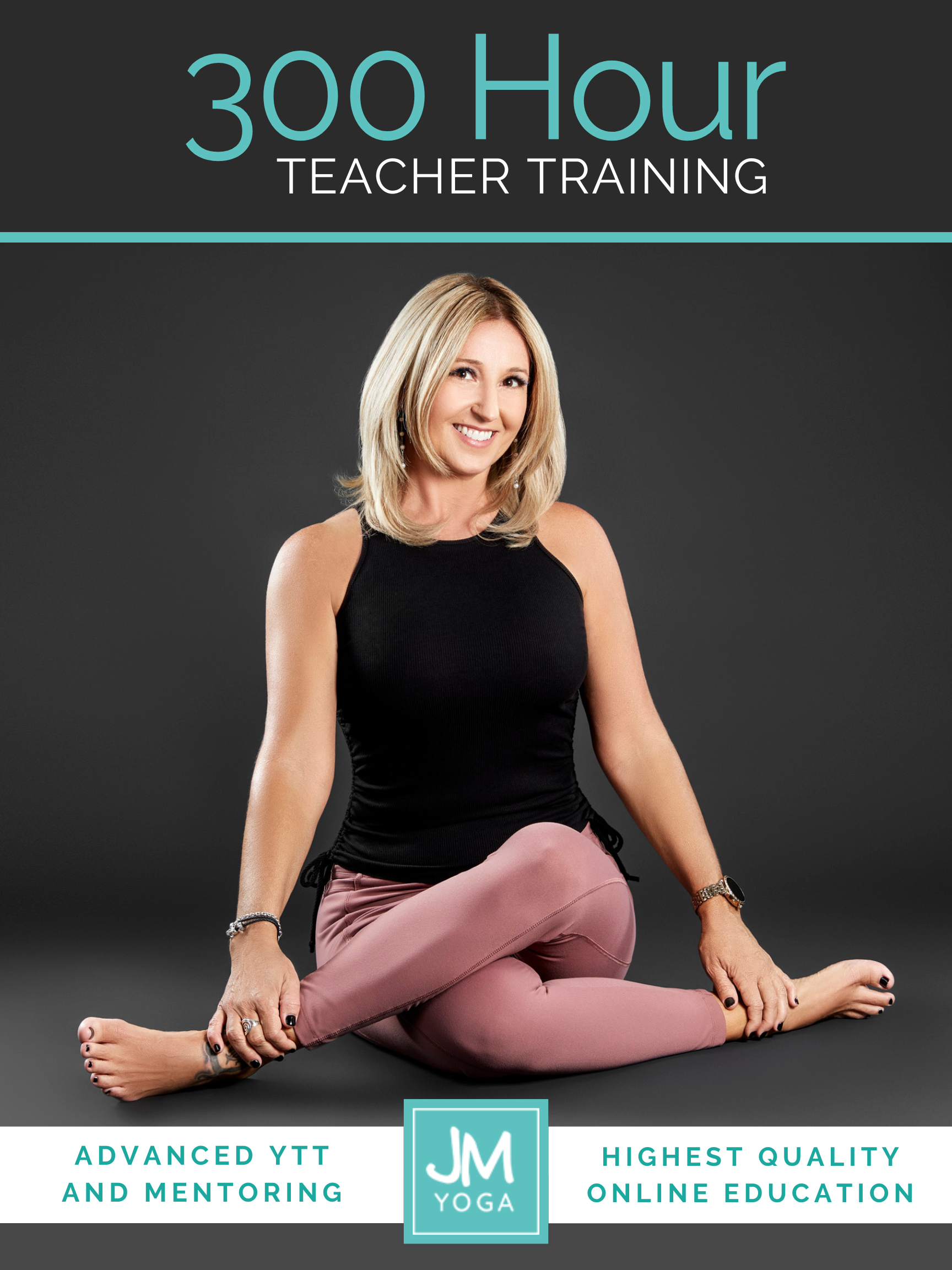Welcome to the New Format of the Yoga Research & Beyond Podcast!🎧
I’m thrilled to announce the return of the Yoga Research and Beyond podcast, now co-hosted by me, Jules Mitchell, and Ariana Rabinovich. If you’ve followed us over the years, you know the podcast has evolved through several versions. Now, we’re excited to dive into this latest chapter together.
A New Chapter with Familiar Voices
Ariana, based in New York City, is a yoga teacher, strength trainer, and co-founder of New York Stretch. She founded Yoga Research and Beyond and has dedicated herself to bringing research-based insights to the yoga community. I’m joining her from Las Vegas, where I teach biomechanics and offer continuing education for yoga teachers. Together, we’re reimagining this podcast to make it more engaging and informative.
Why We’re Doing This
Ariana started the podcast back in 2017 with a mission to explore the scientific side of yoga. The podcast gave her a platform to connect with professionals from various movement and wellness disciplines, enriching the conversation around yoga. Eventually, she launched the Yoga Research and Beyond education platform.
I bring my own perspective by offering a dive deep into anatomy, biomechanics, and research. I wanted to share my findings with the community over a podcast, so we combined forces. Our goal is to make research more accessible to yoga teachers, helping them navigate the vast amount of information available. While the process could feel like opening a can of worms, it is always rewarding.
What’s Different This Time
In this new version of the podcast, we’re keeping things light and engaging. We won’t dive into every intricate detail of a single study like before. Instead, we’ll highlight interesting findings and spark discussions that help you think critically about research without feeling overwhelmed.
My focus isn’t just on understanding study results but on asking the right questions. I want to encourage curiosity about why certain topics are studied and to help you understand the limitations and methods used in research. This approach isn’t about taking studies at face value but about thinking critically about what the research really tells us.
One thing that sets our podcast apart is our willingness to explore studies of varying quality. While high-quality research is crucial, there’s much to learn from studies with flaws. These discussions can help you develop a more nuanced understanding of research and become better at spotting issues in study design.
Why We Took a Break and Why We’re Back
Ariana shares why we took a break. Personal changes, including a divorce and the need to focus on her daughter, made it impossible to continue the podcast in its original format. When I approached her about restarting, she was hesitant. The time and energy required for the previous format were too much.
But the new, more relaxed approach reignited her passion. Now, she’s genuinely excited to be back, and I’m thrilled to have her as my co-host.
Join Us
The Yoga Research and Beyond podcast is here to help yoga teachers deepen their understanding of research and apply it to their practice. We encourage you to read the papers we discuss, whether before or after the episodes, and join us in exploring these topics.
Our goal is to share our passion for research, help you build confidence in your understanding, and foster a community of curious, informed practitioners.
We’re excited to be back and can’t wait to continue this journey with you! Stay tuned for more episodes, and let us know what you think.
Extend Your Learning: Advanced Yoga Teacher Training with Jules Mitchell
This program is ideal if you have an interest in biomechanics, principles of exercise science, applications of pain science, neurophysiology, and stretching. These themes are combined with somatics, motor control theory, pose analysis and purpose, use of props for specific adaptations, pathology, restorative yoga, and intentional sequencing.
You will learn to read original research papers and analyze them for both their strengths and their biases. Critical thinking and intellectual discourse are central components in this training, which was designed to help teachers like you navigate through contradictory perspectives and empower you with education. Learn more >

